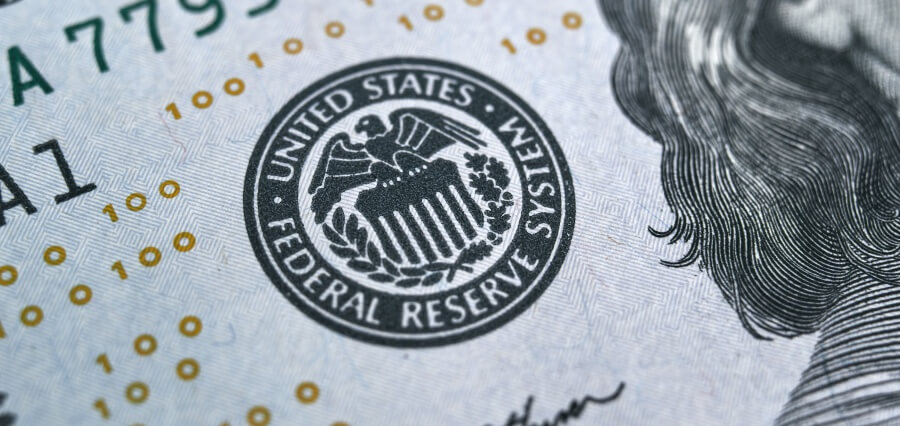Gov. Christopher Waller of the Federal Reserve said on Monday that further interest rate reductions would probably be less dramatic than the sharp cut announced last month. He said he’s concerned that an economy growing at a strong enough pace may be growing too fast.
Evaluating his talk at Stanford University, Waller has mentioned some time ago that many economic indicators–new jobs figures, growth rates of inflation, GDP, and income–make up a hypothesis whereby the economy remains on growth trajectory above its threshold,”. According to him, the overall picture is that monetary policy should be more cautious about the pace of rate cuts than which was discussed at the September meeting. Besides not wanting to ignore the facts, he also did not want to react to it.
The FOMC made headlines last month by voting to reduce its policy rate by 50 basis points, an effort much bigger than its usual incremental adjustments by 25 basis points. Many saw it as an economic accommodation, but Waller did not promise the Fed has a clear pathway forward for its future rate moves. He added further that whatever happens in the near term, his baseline still calls for reducing the policy rate gradually over the next year.
Evidently, Waller’s latest warnings have been accompanied by a few conflicting economic readings. The labor market in September was more robust than anyone could have predicted for the summer of the following year. GDP wasn’t nearly as strong as it has occasionally been, but it was still quite excellent, and consumer inflation data showed pressures that were a bit higher than anticipated. After initially reporting a gap of 2.1 percentage points, the Commerce Department updated its estimate of the growth of gross domestic income to 3.4% in the second quarter. The savings grew by 5.2%.
These shifts imply that there are less indications of a true downturn and that the economy may be more robust to the slowdown than previous evaluations had shown. In conclusion, Waller stated that “these revisions indicate that the economy is much stronger than we previously believed, with minimal signs of a major decline in economic activity.”
The complexity of economic signals that Fed chairmen had to encounter. Nowhere is insight into Waller’s perspective clearer than in his almost cautious approach to monetary policy, especially in periods when economic strength is difficult to secure.
Read More: Click Here





